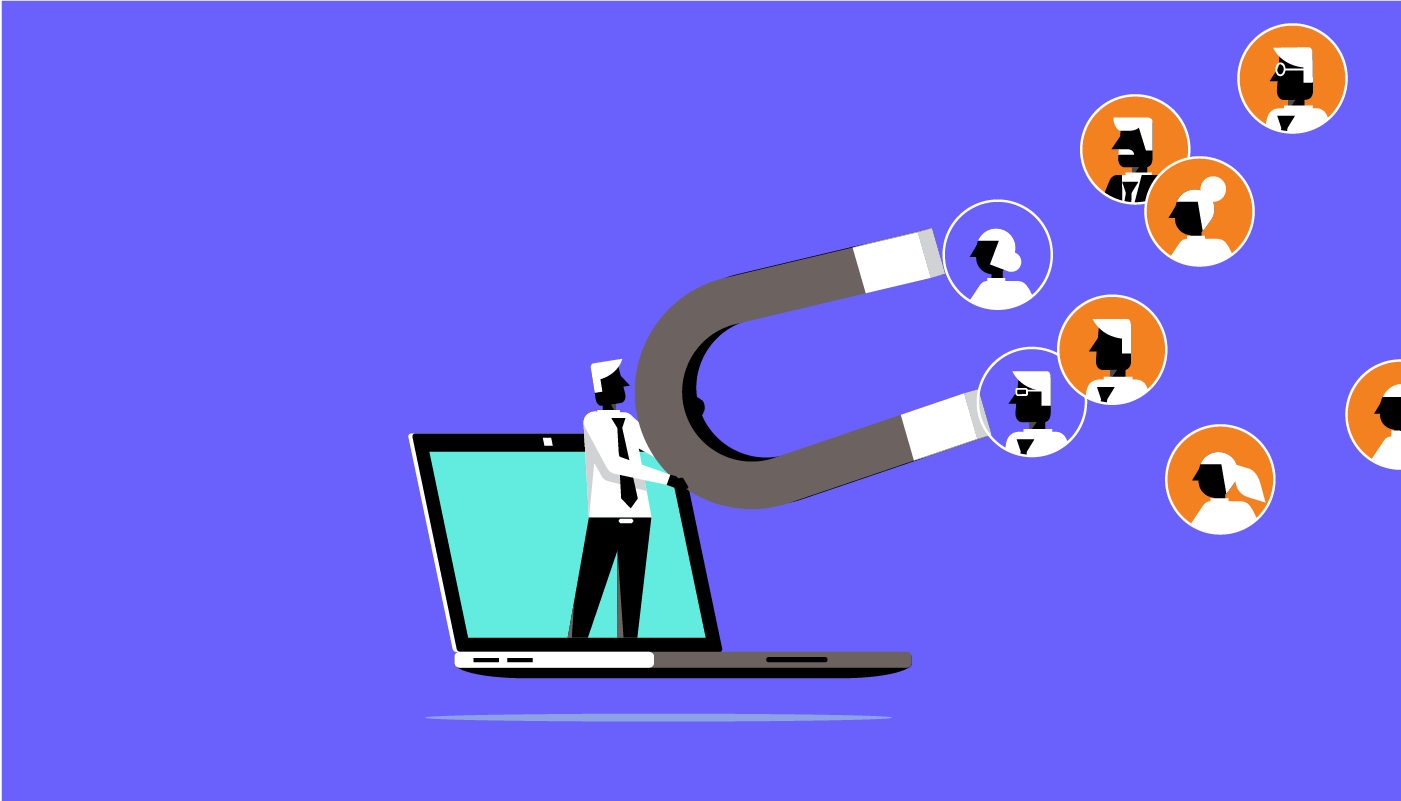Metcash, one of Australia’s leading wholesale companies, chose Mumba - here's why
What Culture Really Means in a Deskless, Frontline Workforce

Culture isn't built in the boardroom. It's built in break rooms, on shift handovers, in group chats, and during those five-minute windows between clocking in and getting to work.
For organizations with frontline teams spread across sites, shifts, and time zones, building a strong workplace culture can feel impossible. There's no shared office. No all-hands meetings. No casual hallway catch-ups. Just fragmented teams doing critical work with little connection to each other or to head office.
And yet, culture still matters. In fact, it might matter more for deskless teams than anywhere else. When people feel disconnected, disengaged, or invisible, they leave. Turnover skyrockets. Performance drops. Compliance slips. The cost compounds fast.
So how do you build culture when your workforce doesn't sit together? When communication tools don't reach everyone? When recognition gets lost in the noise?
You start by redefining what culture actually means for frontline teams.
Culture Isn't a Perk. It's Connection.
Most workplace culture strategies are designed for desk-based teams. Free coffee. Team lunches. Slack channels full of GIFs. These things don't translate to aged care workers on night shift, retail staff rotating across three locations, or logistics teams clocking in at 5 a.m.
For deskless workers, culture is about something simpler and more essential: being seen, heard, and included.
It's knowing that the message from leadership actually reached you. That your manager noticed when you picked up an extra shift. That someone at head office understands the reality of your day-to-day work. That you're not just a number on a roster.
When that connection is missing, culture fractures. People feel like they're working for the organization, not with it. Engagement drops. Trust erodes. Teams become transactional.
Building culture in frontline teams isn't about recreating the office experience. It's about creating consistent, meaningful connection across every site, shift, and role.
The Real Barriers to Building Culture in Frontline Teams
Most HR leaders know culture matters. The challenge is execution. Here's what gets in the way:
Fragmented Communication
Your comms might be leaving head office, but are they landing? Frontline workers often miss critical updates because they don't check email, can't access the intranet, or weren't rostered when the all-staff message went out. Information gets stuck at the manager level or lost entirely.
When communication is inconsistent, culture becomes inconsistent too. Some sites feel connected. Others feel forgotten.
Low Visibility Between HQ and the Field
Head office doesn't see the daily reality of frontline work. Frontline teams don't see the bigger picture. That disconnect breeds mistrust. Decisions feel out of touch. Initiatives feel forced. Recognition feels hollow because leadership doesn't actually know what's happening on the ground.
No Recognition or Feedback Loop
Deskless workers often go unnoticed. They show up, do the work, and leave. No one acknowledges the extra effort. No one celebrates the wins. There's no feedback loop to reinforce positive behavior or performance. Over time, people stop trying.
Tools That Don't Work for Frontline Teams
Most workplace tools are built for people sitting at desks. Email. Intranet. Slack. These don't work for teams on their feet. Mobile access is clunky. Notifications get ignored. Adoption is low. HR teams end up managing multiple platforms, none of which actually reach everyone.
The result? A culture that exists on paper but not in practice.
How to Build Culture That Actually Lands
Building culture in a deskless workforce isn't about doing more. It's about doing the right things consistently, across every team and every site.
Make Communication Accessible and Trackable
Culture starts with communication that actually reaches people. That means using tools designed for mobile-first access, with push notifications that cut through the noise. But it's not just about sending messages. You need to know who's reading them, who's responding, and where gaps exist.
Mumba helps HR teams reach every worker, on any shift, at any site, with targeted messages they'll actually see. Read receipts and engagement tracking close the loop so nothing falls through the cracks.
Create Visibility Across Teams and Sites
Frontline workers need to see the bigger picture. Leadership needs to see what's happening on the ground. That visibility builds trust and alignment.
Share wins publicly. Recognize effort in real time. Make sure people know their work matters, not just to their manager but to the organization. When teams see each other's contributions, it reinforces a shared sense of purpose.
Build Recognition Into Daily Workflows
Recognition can't be an afterthought. It needs to be embedded into how work gets done. That means making it easy for managers to acknowledge effort, celebrate milestones, and give feedback in the moment.
Mumba's recognition tools let managers and peers highlight great work instantly, creating a culture of appreciation that doesn't rely on annual reviews or formal programs.
Simplify Access to Everything HR
Culture suffers when people can't find what they need. Policies buried in shared drives. Training links sent via email and promptly forgotten. Forms that require three steps just to access.
Mumba centralizes everything HR into one simple app. Policies, training, comms, recognition, and task management all live in one place. No hunting. No friction. Just fast, easy access to the things that matter.
Why Culture in Frontline Teams Drives Real Outcomes
Strong culture isn't just a nice-to-have. It directly impacts the metrics HR leaders are measured on.
Lower turnover. When people feel connected and valued, they stay. Turnover in frontline roles is notoriously high, and every departure costs thousands in recruitment, onboarding, and lost productivity. Culture is one of the most effective retention levers you have.
Higher engagement. Engaged workers show up, contribute ideas, and go the extra mile. They're less likely to call in sick, more likely to deliver great service, and more invested in the success of the team.
Better compliance outcomes. Culture and compliance go hand in hand. When people trust the organization and feel part of something bigger, they're more likely to follow policies, complete training, and take compliance seriously. Hoping isn't best practice compliance management. Connection is.
Stronger operational performance. Frontline teams that feel supported and recognized perform better. They solve problems faster. They collaborate more effectively. They deliver better outcomes for customers and clients.
Culture isn't soft. It's strategic.
See How Mumba Helps You Build a Connected Culture
Mumba is built for HR teams managing dispersed, deskless workforces. It's one simple place to access and manage everything HR, without replacing your existing systems or navigating a maze of tools.
With Mumba, you can:
- Reach every team member with targeted, trackable communication
- Recognize effort and celebrate wins in real time
- Centralize policies, training, and task management in one mobile-first app
- Build visibility and connection between HQ and the field
Culture doesn't happen by accident. It happens when HR teams have the right tools to connect, engage, and support their people consistently.
See how Mumba helps you build a connected culture. Book a demo today
Interested in Mumba?
See why HR teams are switching to Mumba. From onboarding to compliance, comms, and change — Mumba replaces complexity with clarity. Run HR faster, simpler, and smarter.
-
Streamline onboarding and training
-
Automate forms and policy compliance
-
Reach every employee, instantly
-
Roll out change without chaos
See how one simple platform can transform how you run HR and help you focus on what matters: your people.
Ready to get started?
We're a trusted partner for some of Australia's largest companies




